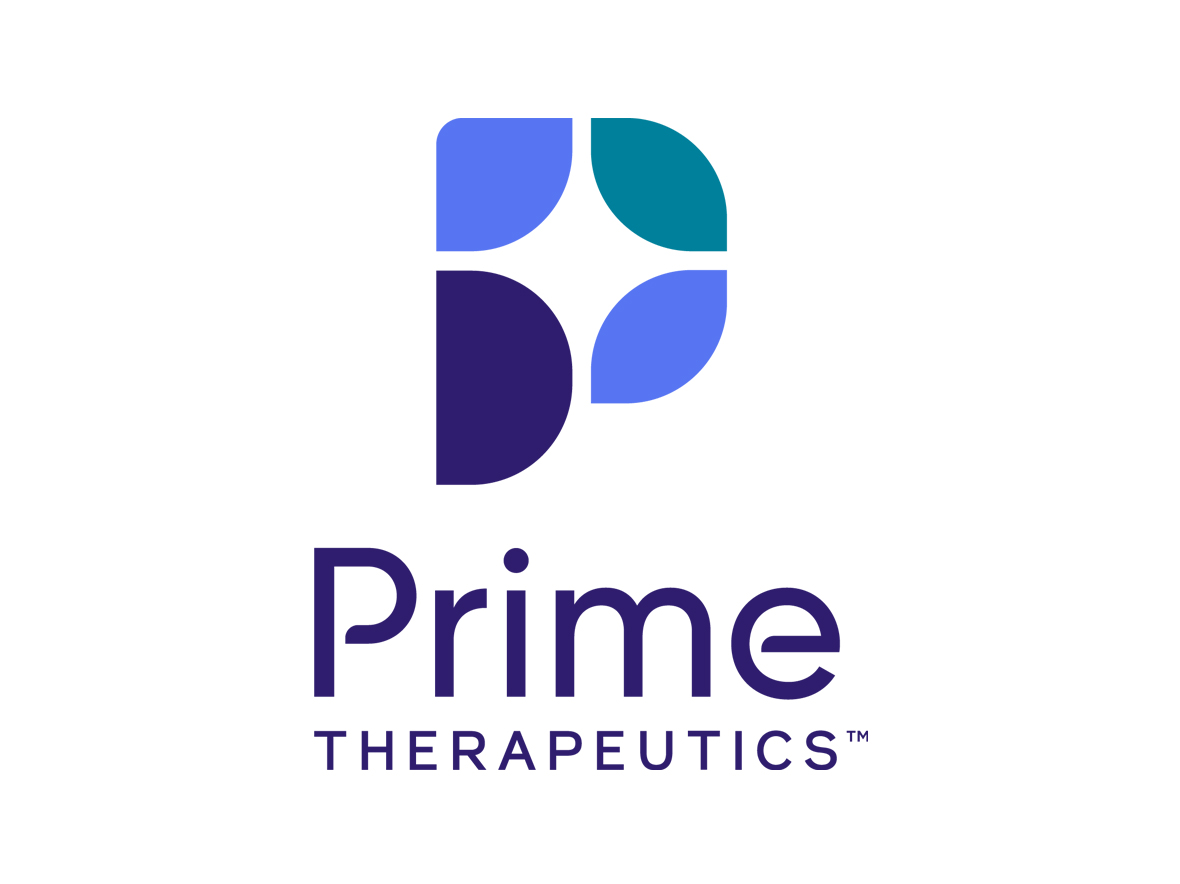Making sense of most favored nation and other proposed health care policies - Prime Therapeutics
Making sense of most favored nation and other proposed health care policies
George Van Antwerp breaks down how Prime is poised to drive affordability in drug pricing

It’s an unprecedented moment in the U.S. health care system with medical and pharmacy costs continuing to rise and a unique regulatory environment bringing uncertainty into the mix.
One proposed policy — most favored nation or MFN — has industry experts on their toes since President Trump signed the “Delivering Most-Favored-Nation Prescription Drug Pricing to American Patients" executive order back in May.
The order seeks to reduce U.S. prescription prices by setting price targets for pharmaceutical manufacturers based on international prices. How the MFN policy might work, and the long-term impact it may have on the health care system, has yet to be understood. These questions, and more, were the focus of a webinar hosted by MJH LifeSciences earlier this month, “The Most Favored Nation Mandate: What the President’s Drug Pricing Push Means for Pharma, Payers, and Patients.”
George Van Antwerp, senior vice president of product innovation and strategic planning at Prime Therapeutics (Prime), was among the panelists. I caught up with George after the webinar to learn more about how Prime is preparing for the potential implementation of MFN and how the organization stands committed to driving affordability in health care.
Alex Cook: George, thank you for taking the time. First, how is Prime working with clients and members to prepare for potential policy changes such as MFN?
George Van Antwerp: At Prime, we’re continuing to monitor the ever-changing political landscape in preparation for potential changes. In this stage of the process, we are working closely with manufacturers and policymakers to advocate for transparency and affordability in pricing models. Our goal is to ensure that any policy changes ultimately benefit payers and patients without compromising innovation or access. We’ll continue our mission to save, simplify, and support our patients and clients with innovative solutions as we monitor the active political environment.
In the conversation, you’ve heard about MFN, direct-to-consumer implementations by manufacturers, tariffs, and more. There’s a lot of speculation about how these policies may take shape and the impact they may have on health care. But as you hear these discussions, what are some misconceptions about these topics that you’ve heard, and how might you respond to them?
One major misconception is that MFN pricing alone will solve affordability. While it may reduce list prices for certain drugs, it doesn’t address the complexity of the U.S. drug pricing system, including rebates and net pricing. Additionally, one approach we’ve seen by pharmaceutical manufacturers is to increase their international prices to reduce the difference between U.S. prices and global prices, which in the end won’t lower prices in the U.S.
Another consideration is that direct-to-consumer (DTC) platforms may not always lead to lower costs for patients, and in most cases, they create another choice for consumers who are already overwhelmed with the complexity of our health care system. Additionally, most DTC models bypass PBMs creating clinical risk and potential increased cost. For example, insured individuals with deductibles to meet may not understand these products will not apply to their accumulators. And, for the higher cost products that pharma is trying to sell through these channels, the out-of-pocket costs may not be accessible to all patients.
We also hear concerns that innovation will stall under MFN, but I believe innovation doesn’t require unchecked pricing power. It requires thoughtful incentives and a balanced approach to affordability and access.
With the U.S. being the largest pharmaceutical market in the world, pharmaceutical manufacturers may wish to limit innovation to push back on MFN, but I believe that would be a short-lived negotiating tactic.
Recent forecasts show that health care costs continue to rise, and while we wait to see where MFN lands, what are some ways that Prime is working to drive greater affordability in health care?
Prime continues to improve our core levers to reduce costs – improved network pricing, rebates, formulary optimization, and driving adoption of copay programs, like FlexAccess In addition, we actively work with clients on benefit designs and value based contracting programs to create savings for members and plan sponsors (e.g., MedsYourWay).
As the market evolves, we’re working with biosimilar manufacturers and health plan clients to look at when and how to drive biosimilar adoption. We’re also using our rich data and analytics capabilities to continue to expand programs that mitigate potential fraud, waste, and abuse (FWA). But we also have patient-facing programs, like HighTouchRx, that can find savings through locating individuals taking duplicate, or more high-cost therapies, and suggest clinically appropriate measures that may reduce costs and lead to better health outcomes.
We’re also constantly evaluating new vendors and models to see if there are ways to save money through DTC models or through new preventative programs for weight loss that don’t require long-term GLP-1 utilization. We’re also exploring ways to use technology to drive interventions at the point of prescribing and the point of sale, collaborating with providers and pharmacies. None of this is possible without our partnerships with clients to align incentives that drive affordability.
To watch the complete MFN webinar, click here (registration required). And to read selected insights from the event, read the latest from Managed Healthcare Executive.
About Prime Therapeutics

Prime Therapeutics LLC (Prime) is a diversified pharmacy solutions organization. We offer innovative pharmacy benefit management, specialty and medical drug management, and state government solutions to millions of people across the country. At Prime, we’re reimagining pharmacy solutions to provide the care we’d want for our loved ones. We challenge the way it’s always been done to develop intelligently designed solutions that deliver savings, simplicity and support to help people achieve better health. For more information, visit us at PrimeTherapeutics.com or follow us on LinkedIn.
